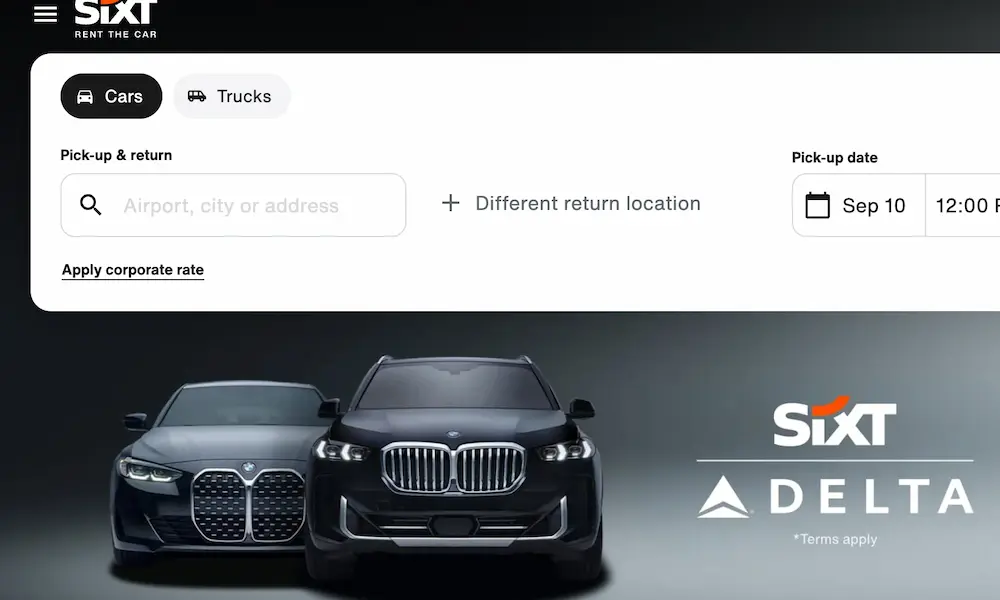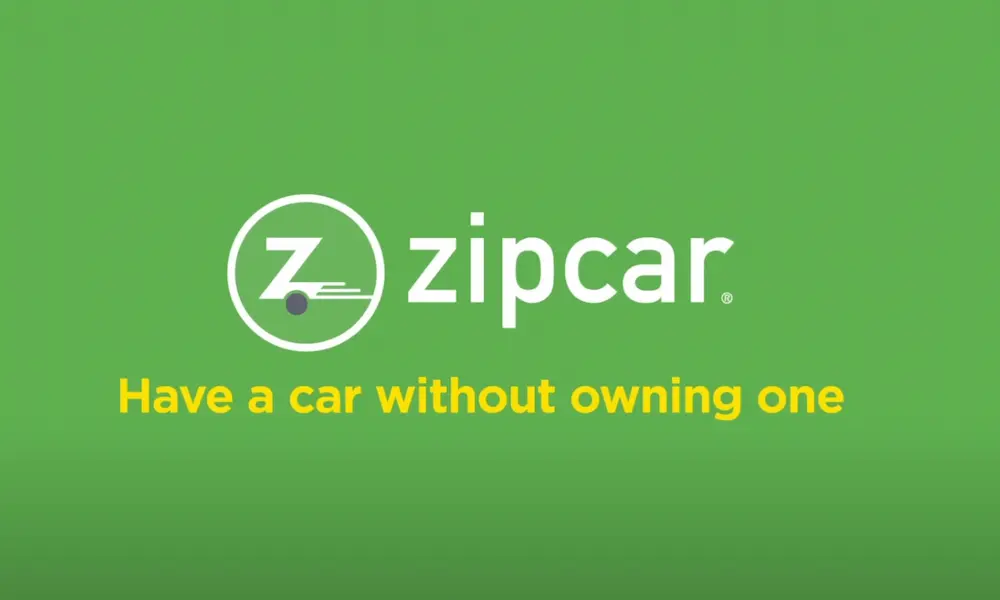Yes, you can rent a car without a deposit or credit card. Many major rental companies like Alamo, Avis, and Budget now accept debit cards, and sometimes even cash or money orders. While it might take a bit more effort and planning, there are ways to make it work. Interested in learning how to navigate these options and find the best deal? Keep reading to discover all the details you need.
Understanding Car Rental Requirements
When you want to rent a car without a credit card or deposit, it’s crucial to understand the ins and outs of rental policies. These include credit checks, deposit policies, age restrictions, and proof of identity requirements.
Credit Checks and Deposit Policies
Many rental car companies perform credit checks if you’re using a debit card rather than a credit card. This helps them assess your creditworthiness. Expect companies like Budget and Avis to require a credit check.
Deposits are also a common requirement. These deposits ensure the car rental company is protected in case of damages or unpaid fees. The deposit amount can vary, typically ranging from $100 to $300, depending on the company’s policy.
Rental companies like Alamo, Enterprise, and Hertz often allow you to use a bank-issued debit card for the deposit. Make sure your debit card has enough funds to cover the deposit hold.
Age Restrictions and Proof of Identity Requirements
Car rental companies generally require renters to be at least 21 years old, though some companies may have higher age requirements. If you are under 25, you might face additional fees, often called “young driver fees.”
For identification, you will need a valid driver’s license. Some companies might also require a second form of ID, like a government-issued ID or passport. To further protect themselves, companies like National and Thrifty may ask for proof of insurance.
Ensure you have all the necessary documentation before arriving at the rental desk to avoid any delays. If you don’t have a credit card, using a debit card is acceptable at many places, but it’s best to check the specific requirements of the rental company in advance.
How to Rent a Car Without a Credit Card
Renting a car without a credit card is possible and involves using alternative payment methods. You’ll find options like using debit cards, cash, money orders, and even prepaid cards. Each method comes with its own rules and requirements.
Using Debit Cards at Car Rental Companies
Many rental car companies allow you to use a debit card instead of a credit card. Companies such as Alamo, Avis, and Budget accept debit cards.
When using a debit card, ensure it’s a Visa or Mastercard and check the location-specific rules. Rental companies often require you to be at least 25 years old. They might put a hold on your card for the cost of the rental plus a deposit.
Check with the rental company in advance to confirm their policies. Some locations may have stricter rules or require additional identification.
Options for Renting with Cash or Money Orders
Renting a car with cash or money orders can be more challenging. Most rental companies prefer cards because they can place a hold on the funds.
Firms like Budget may allow cash payments, but it’s less common. You usually have to pay the rental cost upfront along with a security deposit. This deposit may range from $100 to $300 or more, depending on the rental company.
You may also need to provide additional documentation, such as proof of insurance, utility bills, or a return travel itinerary. Always contact the rental location first to see if they accept cash or money orders.
Prepaid Cards and Gift Cards: Are They Viable?
Using prepaid cards or gift cards for renting a car is generally not an option. Most rental companies do not accept them because they can’t place a security hold on these cards.
However, some companies may accept prepaid cards for the final payment when you return the vehicle. Debit cards tied to a checking account are more widely accepted for the entire transaction.
Before planning your rental, check with the car rental company to see their policy. It’s crucial to know their specific requirements to avoid any surprises at the rental counter.
Choosing the Right Car Rental Company
When looking to rent a car without a deposit or credit card, picking the right rental company is crucial. Your options and the policies you encounter can vary greatly depending on the brand and the location.
Comparing Policies: Big Brands vs. Local Providers
Big brands like Avis, Hertz, and Enterprise often have more standardized policies. They usually accept credit cards and sometimes debit cards. For instance, Alamo and Budget allow debit card payments, which can be convenient if you don’t have a credit card. Some big brands, like Sixt, may also offer lower deposits or even zero-deposit options for specific vehicles.
Local providers might have more flexible policies compared to national chains. They may accept cash or money orders, which is less common with larger brands. However, always check the specific requirements of each local provider, as they might have stricter terms regarding deposits and payments.
Understanding the Impact of Location on Rentals
Where you rent your car can greatly affect your experience. Airport locations often have more stringent policies, higher fees, and larger deposits due to higher demand. Payless and Dollar might have varying policies depending on whether you’re picking up your car from an airport or an off-airport location.
Renting from non-airport locations can be beneficial. These sites may offer lower or no-deposit rentals, as they strive to attract more customers. National Car Rental and Thrifty might have different deposit requirements and payment methods based on the location.
If convenience is a priority, big brands at airports like Avis and Hertz provide more accessibility and vehicle choices. For lower costs and more flexible terms, off-airport locations or local providers are often the better choice. Always read the fine print and ask questions to ensure you meet all requirements.
Insurance and Protection Plans
When renting a car without a deposit or a credit card, understanding your insurance and protection options is crucial. Here, we break down your choices and their importance.
Exploring Rental Car Insurance Options
Your personal auto insurance might cover rental cars, but double-check your policy. Most major rental companies, such as Alamo and Avis, offer their own insurance. It typically includes Collision Damage Waiver (CDW), Liability Coverage, and Personal Accident Insurance.
CDW covers damages to the rental vehicle. Liability coverage protects you if you damage someone else’s car or property. Personal Accident Insurance covers medical costs for you and your passengers. Verify what your existing insurance covers so you don’t buy unnecessary extra coverage.
Additional Protection: What’s Worth It?
Additional protection plans vary by rental company. You might see options like Supplemental Liability Insurance (SLI) or Roadside Assistance.
SLI gives additional liability coverage beyond what’s required by state law. Roadside Assistance can be useful in case of flat tires, lockouts, or dead batteries. Another common add-on is Personal Effects Coverage, which insures your belongings in the vehicle. Evaluate if these add-ons add value or are redundant with your existing coverage.
Some credit cards provide rental insurance as a perk. If you’re using a debit card or other payment method, ensure you have adequate coverage. Renting a car can be less stressful if you’re thoroughly covered.
Finalizing Your Car Rental
Finalizing your car rental involves making sure all paperwork is complete, payment is secured, and you have the necessary documents ready for pickup. Here are steps to ensure a smooth process.
The Rental Agreement and Payment
Before finalizing the rental, review the rental agreement carefully. This document outlines all terms and conditions. Pay close attention to mileage limits, fuel policy, and potential fees.
Most companies let you pay with a debit card, but you might need to provide additional documentation like a utility bill or a pay stub. Ensure your card has sufficient funds for the rental cost and any security deposits. Check what payment methods are accepted, which could include debit cards, cash, or money orders.
What to Provide at Pickup
At pickup, you will need to present various documents. Carry your valid driver’s license and a second form of ID if required. Sometimes, a utility bill or pay stub is requested for proof of address or income.
Many rental agencies also ask for proof of return travel, such as a round-trip flight itinerary. Be ready with all necessary paperwork to avoid delays.
If no deposit is required, you may still need to provide some form of security, so check with the rental company beforehand.
Tips for a Smooth Car Rental Experience
To ensure everything goes smoothly, here are some tips. First, book your rental well in advance to avoid last-minute issues. Verify all details with the rental company a day before pickup.
It’s helpful to have a personal reference ready, in case the company requests one. Double-check that your card has available funds for the entire transaction, including any holds or deposits.
Take photos of the car when you pick it up and when you return it to document any existing damage and prevent disputes. Finally, return the car on time and follow all fuel policies to avoid extra charges.
Conclusion
You can rent a car without a credit card, but it often requires some extra steps. Using a bank-issued debit card is the most common method. Many rental companies accept major debit cards like Visa, Mastercard, and Discover. Renting with a debit card might involve age restrictions or credit checks.
Some companies let you use cash or money orders to pay. Be aware that this option is less common and may come with additional restrictions. For instance, you may face limits on the types of cars you can rent.
Another point to consider is security deposits. Rental companies usually place a hold on your account, whether you’re using a credit or debit card. The hold might be larger if you’re not using a credit card to ensure the company is covered for any incidentals.
Major rental companies like Alamo, Avis, and Budget accept debit cards, although the rules can vary. Always check the company’s policy in advance to avoid surprises.
If you’re looking to avoid a deposit altogether, options are limited. Some companies might waive deposits for credit card users, but this is rare for debit card or cash users.















